Coronavirus (COVID-19) Prevention Policy & Plan
PURPOSE OF POLICY
To protect both staff and Customers from infection such as COVID-19 through safe and effective practices. COVID-19 is a new illness that can affect your lungs and airways. It is caused by a virus called Coronavirus.
POLICY AND PROCEDURES
Bathrooms By Design Retail Limited recognises that all staff, with the employer, are responsible for infection prevention and control, and is committed to minimising the risk of infection to staff and Customers by ensuring good standards of basic hygiene and insisting on universal infection control procedures, with regards to all infection including Coronavirus: as an existing public health emergency.
Bathrooms By Design Retail Limited will do this by providing staff with appropriate procedure and equipment through appropriate means (sourced externally). It will ensure that all staff understand the importance of good hand hygiene and to report immediately, where concerns are identified in matters of health and well-being. The physical and psychological well-being of our team and Customers is a top priority and we will ensure staff and Customers stay informed with accurate, verified and up-to-date information regarding coronavirus.
The Managers will support adherence to this policy, procedure and any associated guidance.
MEASURES THAT ARE UNDERTAKEN BY THE EMPLOYER IN ORDER TO PREVENT CORONAVIRUS INFECTION
Measures that we as a Company will put in place in order to provide safe working environment and Customer experience excellence are as follows:
- Each showroom will be deeply cleaned and going forward we will double the amount of cleaning sessions making sure to use antibacterial products to frequently disinfect the premises
- On all our premises we will enforce daily use of antibacterial wipes for cleaning and disinfecting workstations including but not limited to PCs, phones and desk areas
- Daily disinfecting of all potentially contaminated high-contact areas such as door handles
- We will cancel all face to face meetings with 3rd parties (including reps) on our premises or off-site until further notice
- We will discourage employees and Customers to use public transport
Measures that we as a Company will put in place to provide a safe and enjoyable environment for our Customers:
- Encourage new and existing customers to book online design consultations instead of travelling to our showrooms
- Our Sales and Design Consultants will now offer private late afternoon / evening showroom based design consultations by appointment only
- We will provide hand sanitisers at the door of each showroom
- We understand that during these times bathroom projects can be postponed therefore we are happy to offer extended free storage
- As a measure to make our Customers’ homes a safe environment we will offer free soap dispensers/holders to all new customers
- To provide Customer excellence we are offering additional discount on stock items to prevent risk of supply failures, and to compensate for potential design compromises
INFORMATION ON COVID-19
A coronavirus is a type of virus. As a group, coronaviruses are common across the world. COVID-19 is a new strain of coronavirus first identified in Wuhan City, China in January 2020.
The incubation period of COVID-19 is between 2 to 14 days. This means that if a person remains well 14 days after contact with someone with confirmed coronavirus, they have not been infected.
Symptoms of Coronavirus
The following symptoms may develop in the 14 days after exposure to someone who has the COVID-19 infection:
- cough
- difficulty in breathing
- fever
Generally, these infections can cause more severe symptoms in people with weakened immune systems, with older people largely at risk, and those with long-term conditions like diabetes, cancer and chronic lung disease.
But these symptoms do not necessarily mean you have the illness. The symptoms are similar to other illnesses that are much more common, such as cold and flu.
How Coronavirus is Spread
Current Government guidelines suggest that spread of COVID-19 is most likely to happen when there is close contact (within 2 metres or less) with an infected person. It is likely that the risk increases the longer someone has close contact with an infected person.
Respiratory secretions produced when an infected person coughs or sneezes containing the virus are most likely to be the main means of transmission.
There are 2 main routes by which people can spread COVID-19:
- infection can be spread to people who are nearby (within 2 metres) or possibly could be inhaled into the lungs.
- it is also possible that someone may become infected by touching a surface, object or the hand of an infected person that has been contaminated with respiratory secretions and then touching their own mouth, nose, or eyes (such as touching door knobs, handles, or shaking hands then touching their own face)
There is currently little evidence that people who are without symptoms are infectious to others.
It's very unlikely it can be spread through things like packages or food.
Prevention of Spreading the Infection
Level 0: Prevention Stage
The primary goal is to take preventative measures, so the situation does not escalate to Level 1. This includes postponing all non-essential travel and to self-isolate for 14 days if you have been in contact with someone who may show symptoms of the coronavirus.
Level 1: Caution Stage
The goal at this stage to prepare for the worst and allay employee and customer’s fears. We can do this by reducing physical interaction with customers, reps, and any 3rd party personnel, reducing travel, supporting employees to work remotely, especially for those at-risk of contracting coronavirus.
Level 2: Outbreak Control Stage
The primary goal at Level 2 is to be responsible in wider society the reduce the risk of transmission to minimise the burden placed on hospitals and GP surgeries. There are helplines such as 111 in place to assist should you become aware of any symptoms which relate to the coronavirus. By minimising physical interaction, require all employees work from home and non-essential domestic travel is limited to reduce the risk of transmission.
Level 3: Isolation Stage
The highest priority at this stage is to reduce the risk of transmission of the coronavirus. Level 3 stage is where the Government and Health Organisations have declared a regional and national epidemic. We achieve this goal by completely avoiding social interactions, all travel is stopped, and all employees are required to work from home.
There is currently no vaccine to prevent COVID-19. The best way to prevent infection is to avoid being exposed to the virus.
Most people can go to work, school and other public places, unless instructed by the Government, and in the case of a widespread lockdown.
Face masks for the general public are not recommended to protect from infection, as there is no evidence of benefit from their use outside healthcare environments.
Stay away from public places (self-isolate) if advised to by the 111 online coronavirus service or a medical professional.
DO's
- wash hands with soap and water often – do this for at least 20 seconds
- always wash hands when you get home or into work
- use hand sanitiser gel if soap and water are not available
- cover mouth and nose with a tissue or sleeve (not your hands) when coughing or sneezing
- put used tissues in the bin straight away and wash hands afterwards
- try to avoid close contact with people who are unwell
- clean and disinfect frequently touched objects and surfaces
- do not touch your eyes, nose or mouth if your hands are not clean
The World Health Organisation (WHO) recommends 15-20 seconds of hand washing, using the following steps:
NOTES ON HANDWASHING
Most healthcare-associated infections are preventable through good hand hygiene - cleaning hands at the right times and in the right way. The aim of routine hand washing is to remove dirt and most transient micro-organisms (germs that can be easily removed by hand washing) found on the hands. All employees should wash their hands:
- Before starting work and going home
- Before eating, preparing or handling food
- After any activity that contaminates the hands or when hands are visibly soiled
- After using the toilet
- After sneezing/blowing the nose
- After cleaning activities
- Any other occasions when hands are thought to have been contaminated
Choice of Hand-Washing Agent
Hand washing can be improved by the provision of adequate and conveniently located facilities and good hand preparation decreases the risk of decontamination.
Liquid Soap
Hand washing with liquid soap and water removes dirt and organic material.
Alcohol Hand Rub
Alcohol hand rub is recommended for routine hand decontamination because:
- It is more effective
- It is quicker and easier to use
- It is better tolerated by the hands
- It can be provided at the point of care
- It can be used when liquid soap is not available
Employees and Customers must be aware that alcohol gel/rub will not remove dirt or organic material and is not as effective as hand washing.
Alcohol gel/rub is flammable and must be correctly stored.
Muslims and Alcohol-Based Hand Gel
In accordance with the ‘Muslim Spiritual Care Provision’ in the NHS (MSCP) advice, alcohol-based hand gel contains synthetic alcohol and does not fall within the Muslim prohibition against natural alcohol. Therefore, Muslims can use such gels.
Using Liquid Soap and Bar Soap
Expose the wrists and forearms. All parts of the hands must be included in the process. Wet hands under running warm water before applying soap. Apply liquid soap in the recommended product volume.
Rub all parts of the hands vigorously, without applying more water, using the six-step technique.
Rinse under running water.
DON'T's
- do not touch eyes, nose or mouth if your hands are not clean
NHS 111 has an online coronavirus service that can tell you if you need medical help and advise you what to do.
Use this service if:
- you think you might have coronavirus
- in the last 14 days you've been to a country or area with a high risk of coronavirus – see our coronavirus advice for travelers
- you've been in close contact with someone with coronavirus
INFORMATION
Do not go to a GP surgery, pharmacy or hospital. Call 111 if you need to speak to someone.
Preventing infection means breaking the links in the chain so that an infection cannot spread. Some links are easier to break than others. For example, it is easier to stop a pathogen from entering a person than it is to stop one leaving an infected person.
The steps taken to protect individuals and workers from infection are an important part of providing high quality care and support. It is vital to remember that not everybody who carries harmful micro-organisms will be ill or show any symptoms, so you must work in ways that prevent infection at all times. Standard precautions are the actions that should be taken in EVERY situation to reduce the risk of infection.
Coronavirus (COVID-19): latest information and advice, March 2020:
The Department of Health & Social Care (DHSC) and Public Health England (PHE) are leading the UK government response to the Coronavirus (COVID-19) outbreak.
You can get up-to-date information about the situation in the UK and guidance for the public on the risk from Coronavirus on the government’s website.
Care professionals, workers in education and other affected sectors
For people working in some sectors specific advice is available on GOV.UK. It is updated regularly.
Help for employers and businesses
If you employ people, the guidance for employers and business on GOV.UK will help you and your workers prevent the spread of COVID-19.
HSE is working closely with the DHSC, PHE and other government departments to provide support when it’s needed, including technical advice on the protection of workers. Check GOV.UK for the latest information from the UK government.
Further Reading:
NHS - nhs.uk/conditions/coronavirus-covid-19
GOV.UK - gov.uk/government
World Health Organization - who.int/emergencies
- Coronavirus Q&A - who.int/news-room
- Coronavirus overview - who.int/health-topics
HSE (Health & Safety Executive) - hse.gov.uk/news/coronavirus.htm

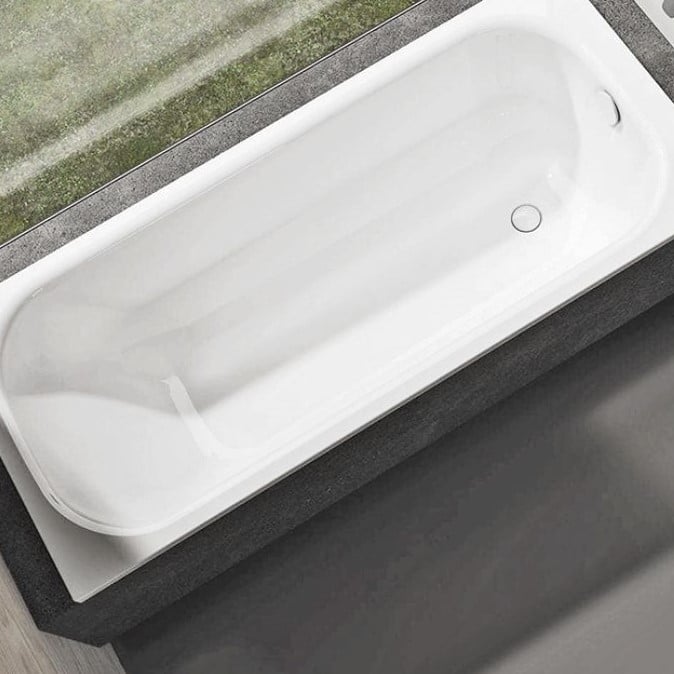









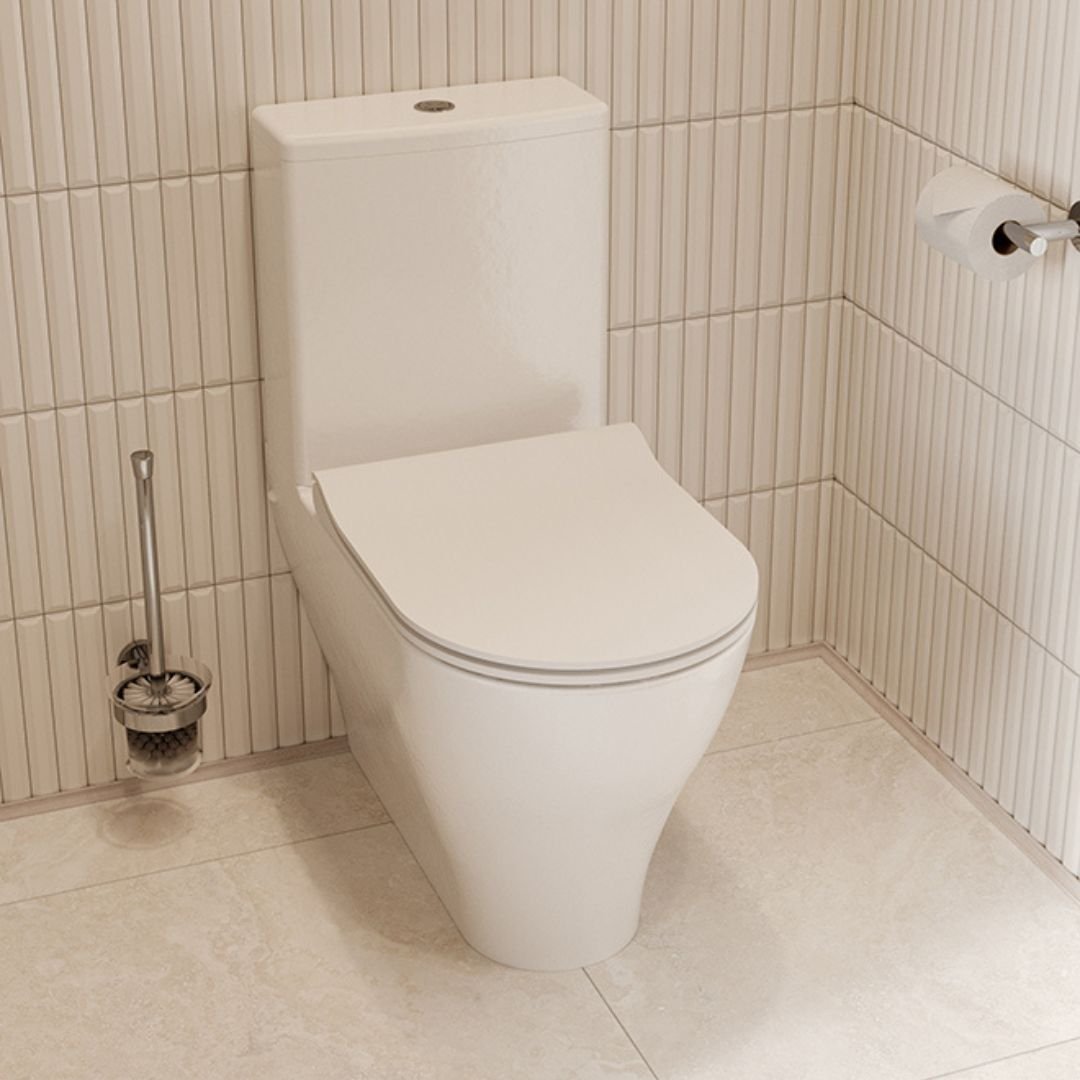
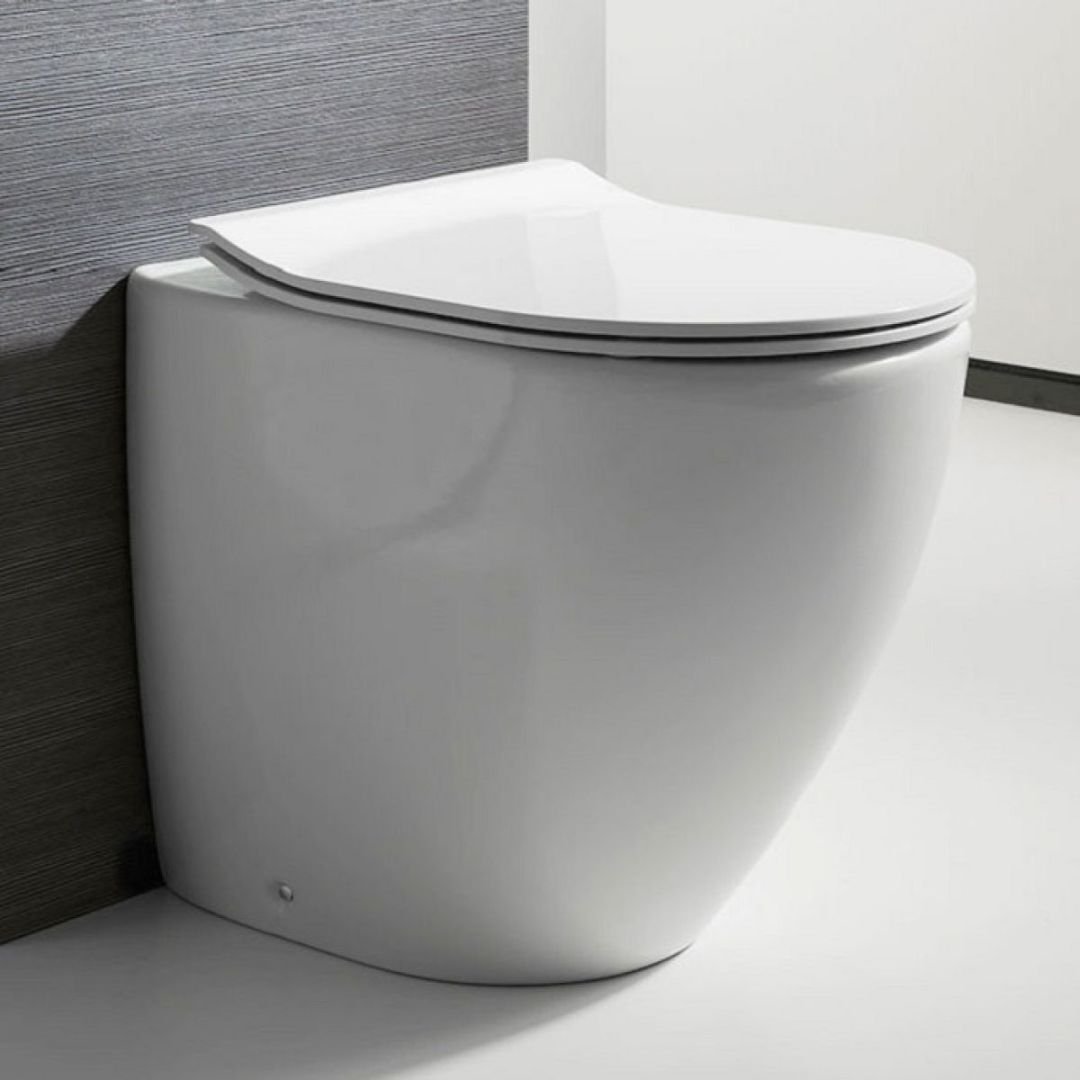
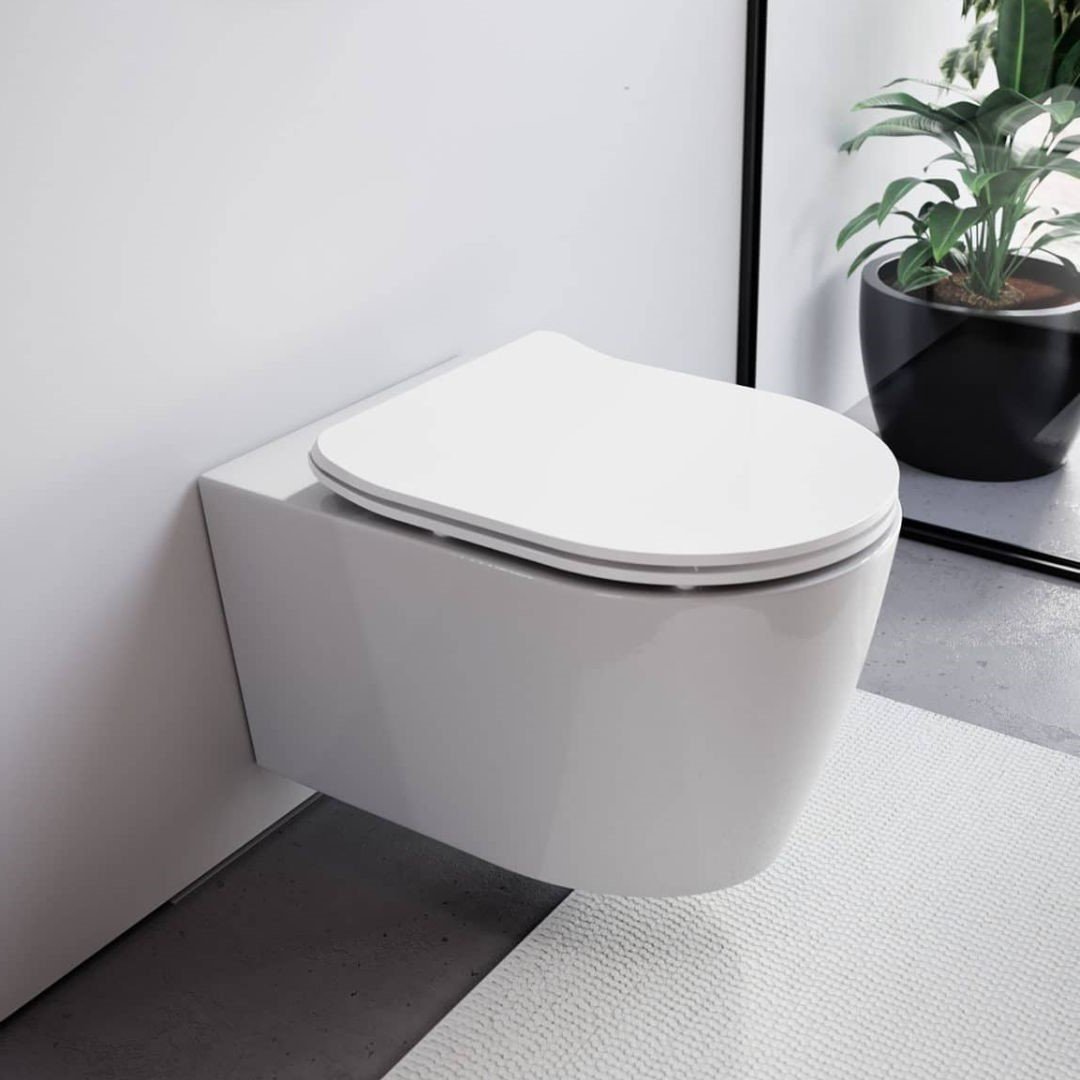

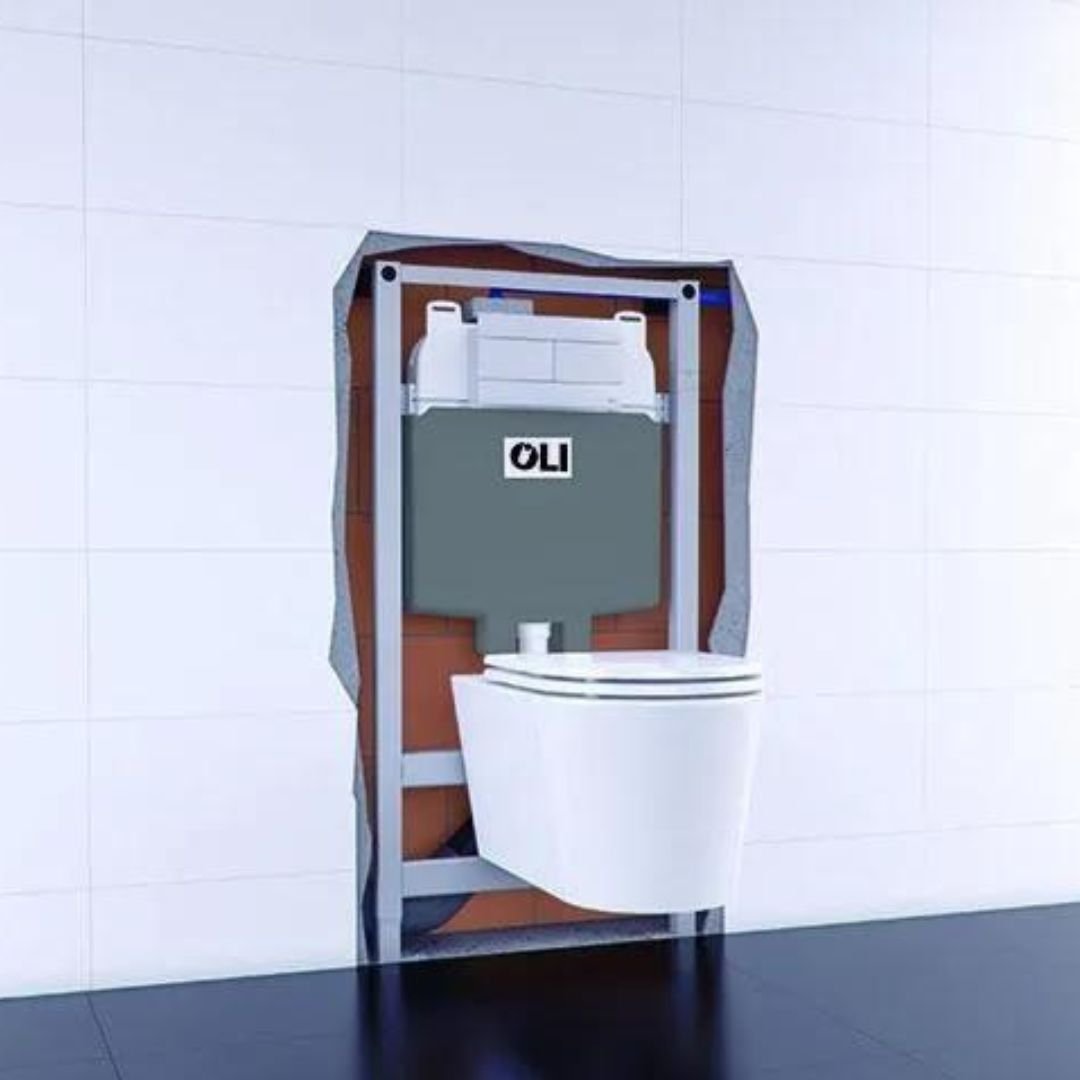
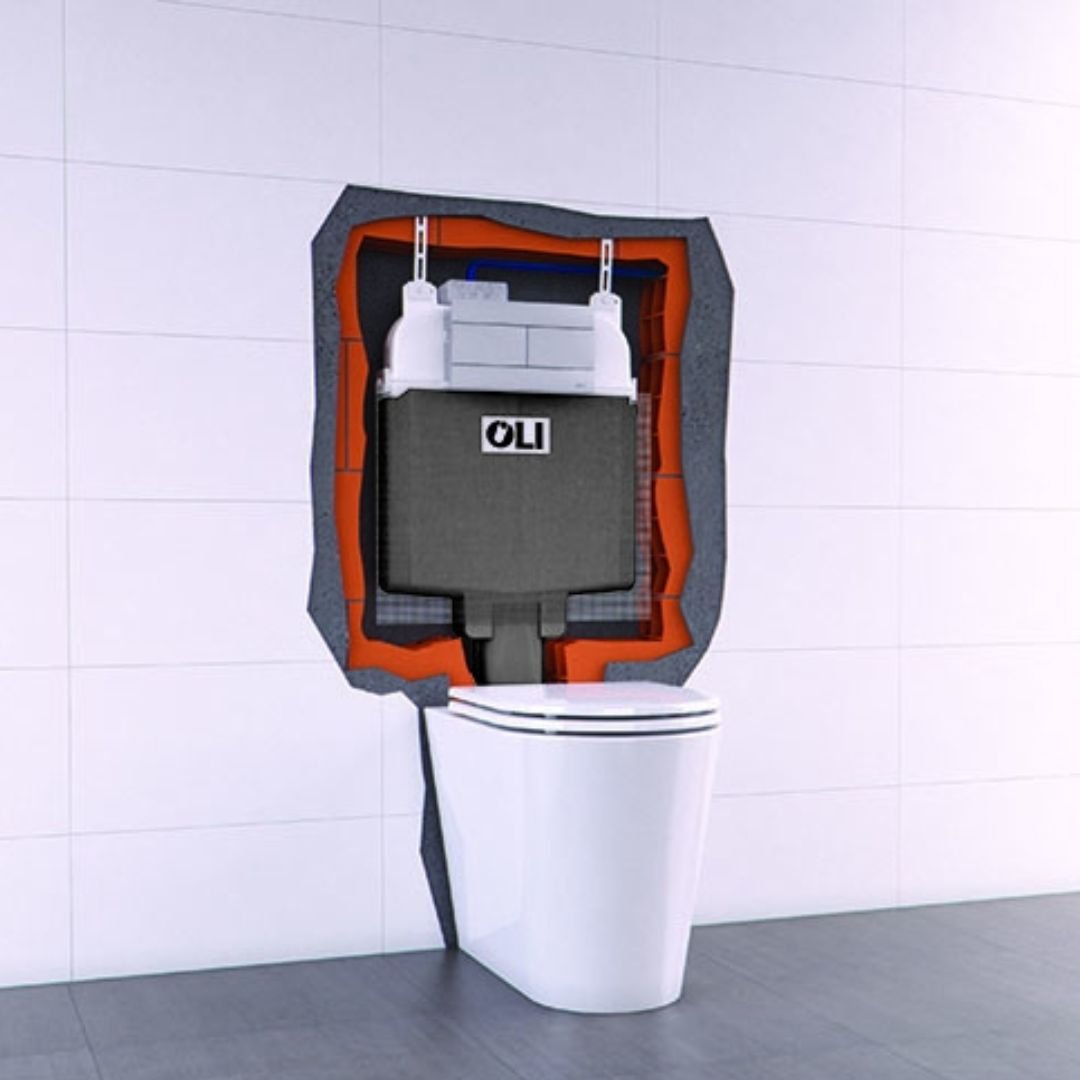
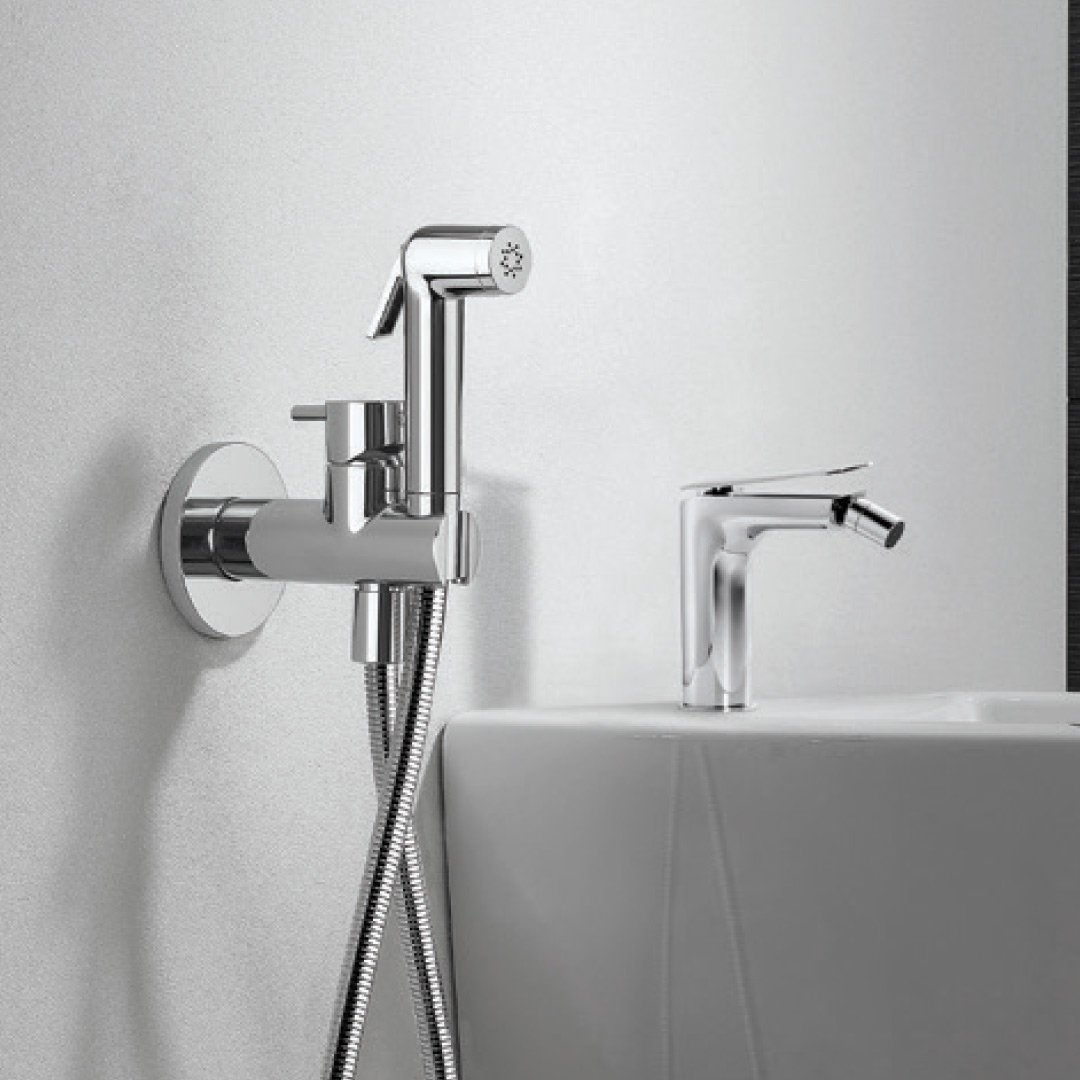

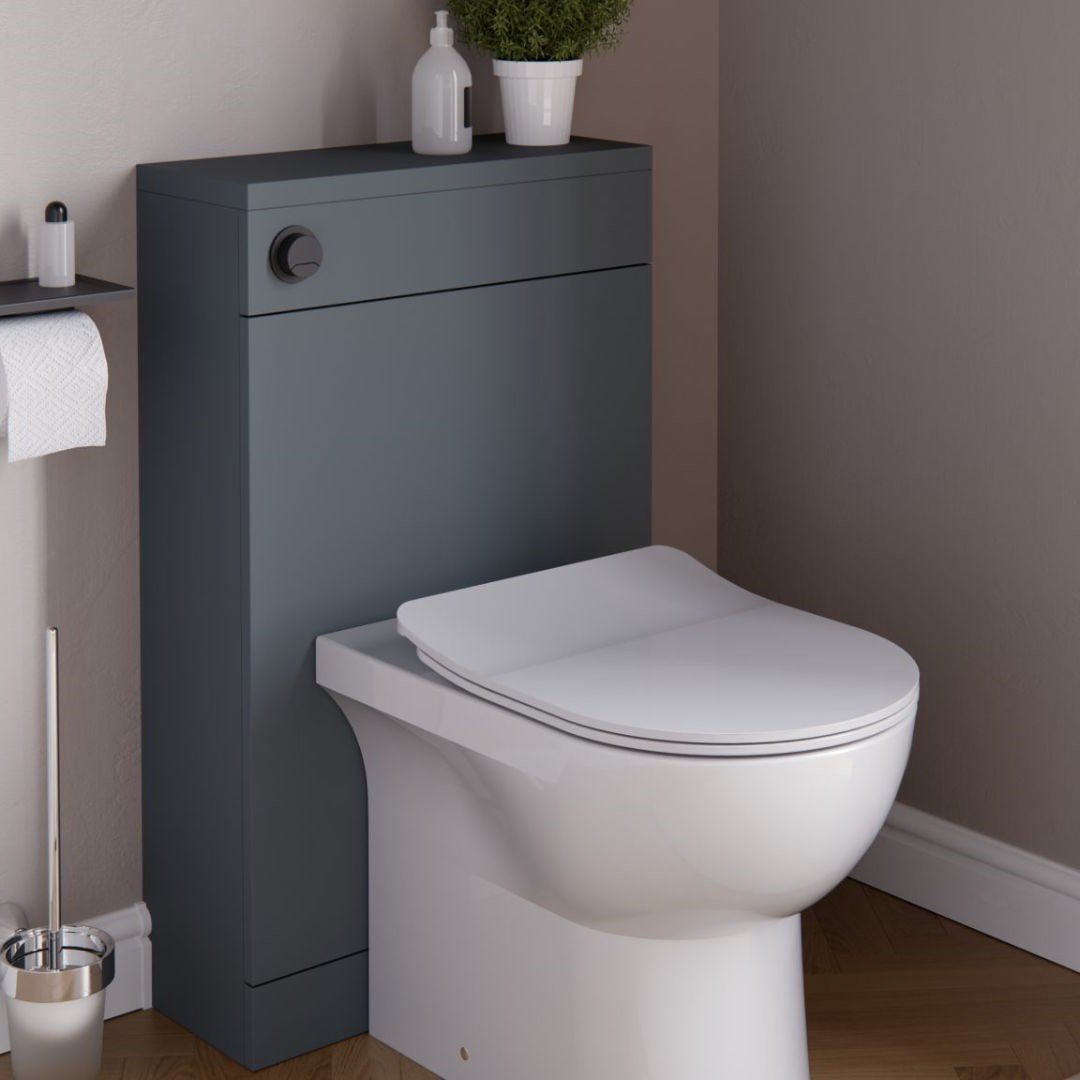

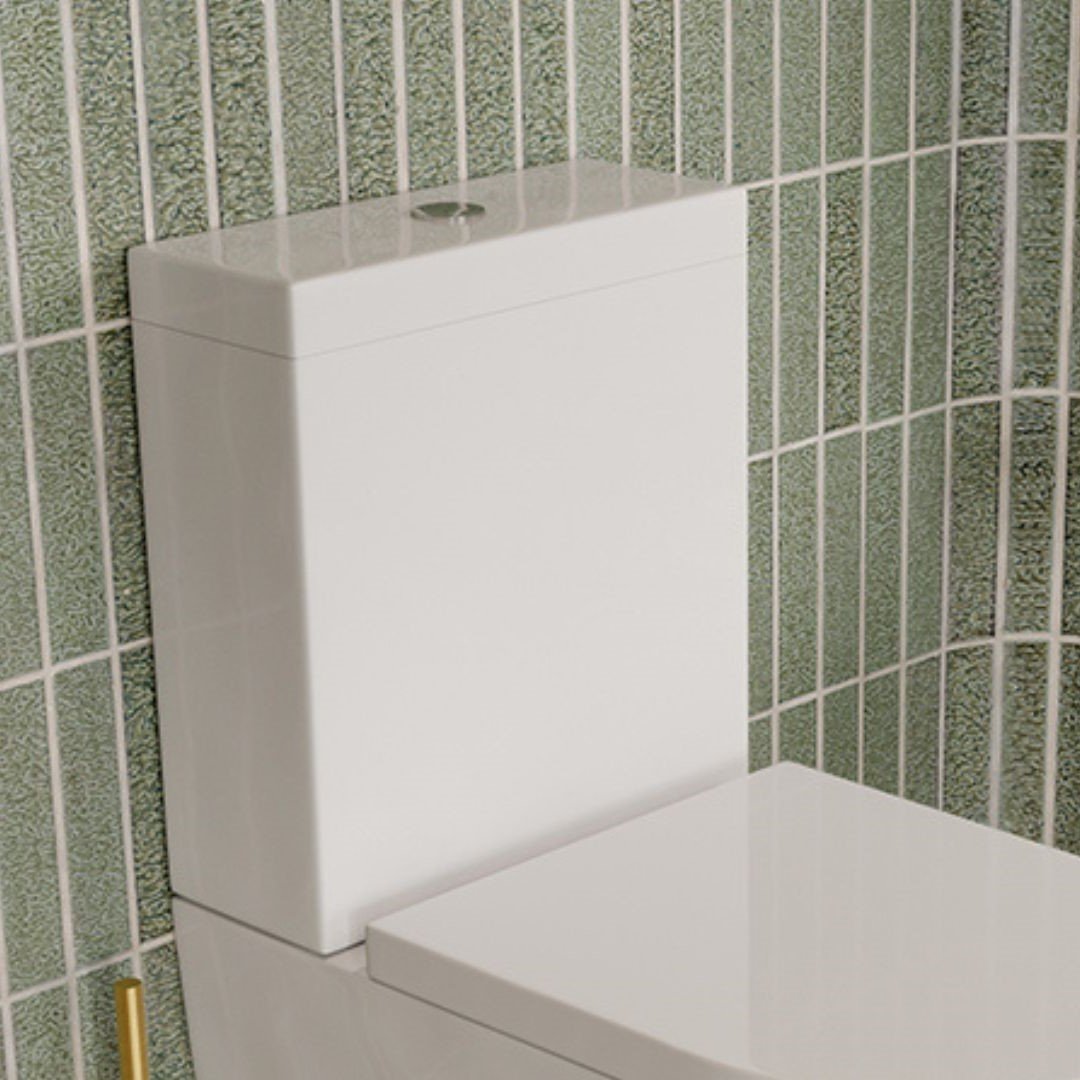




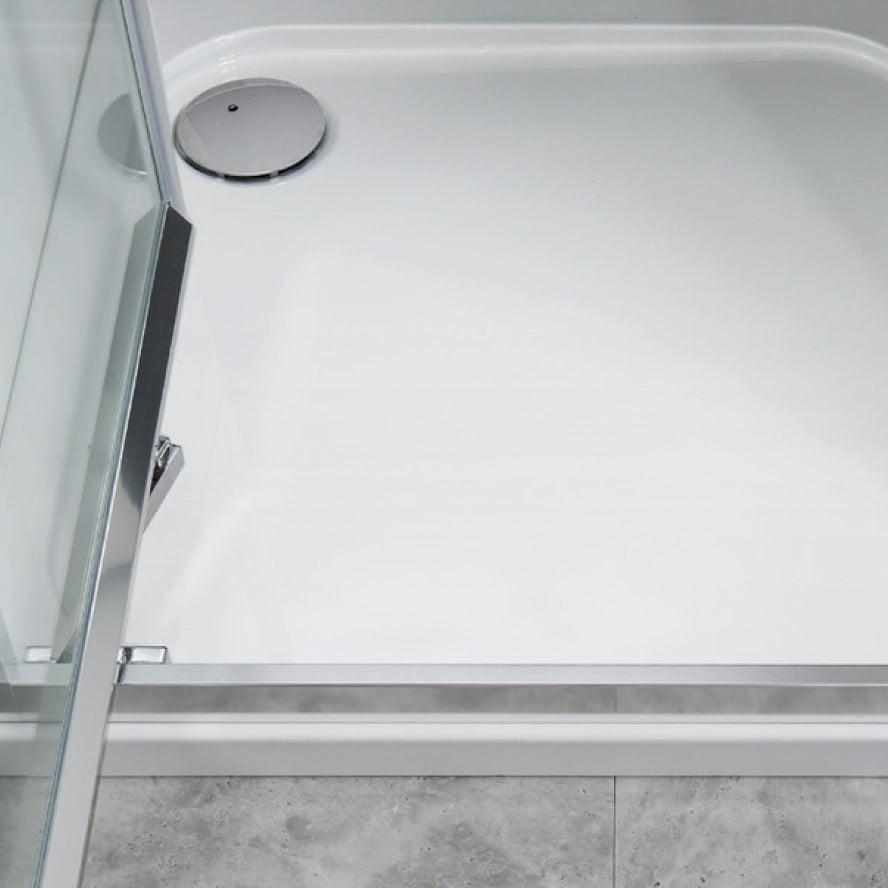
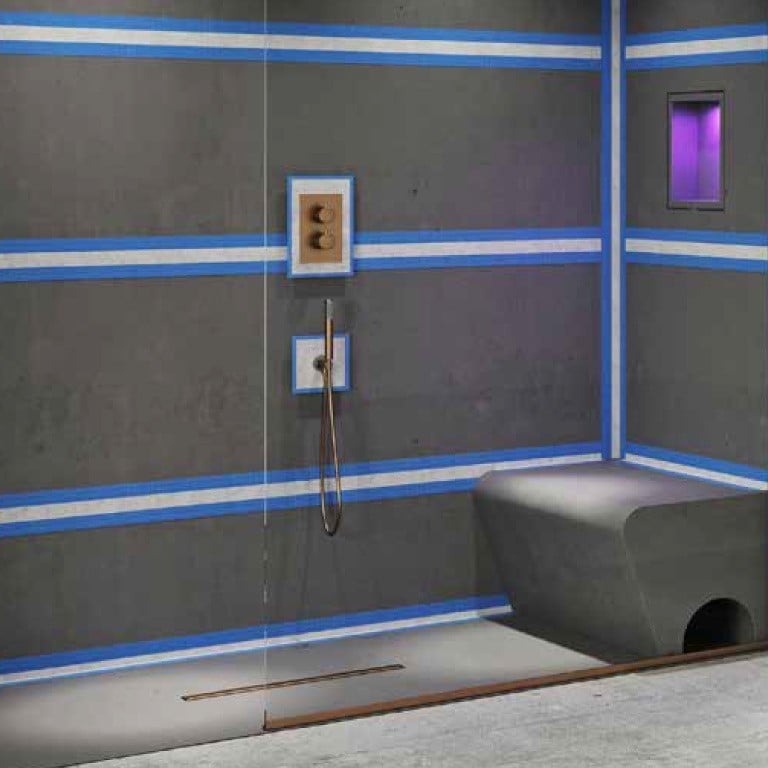








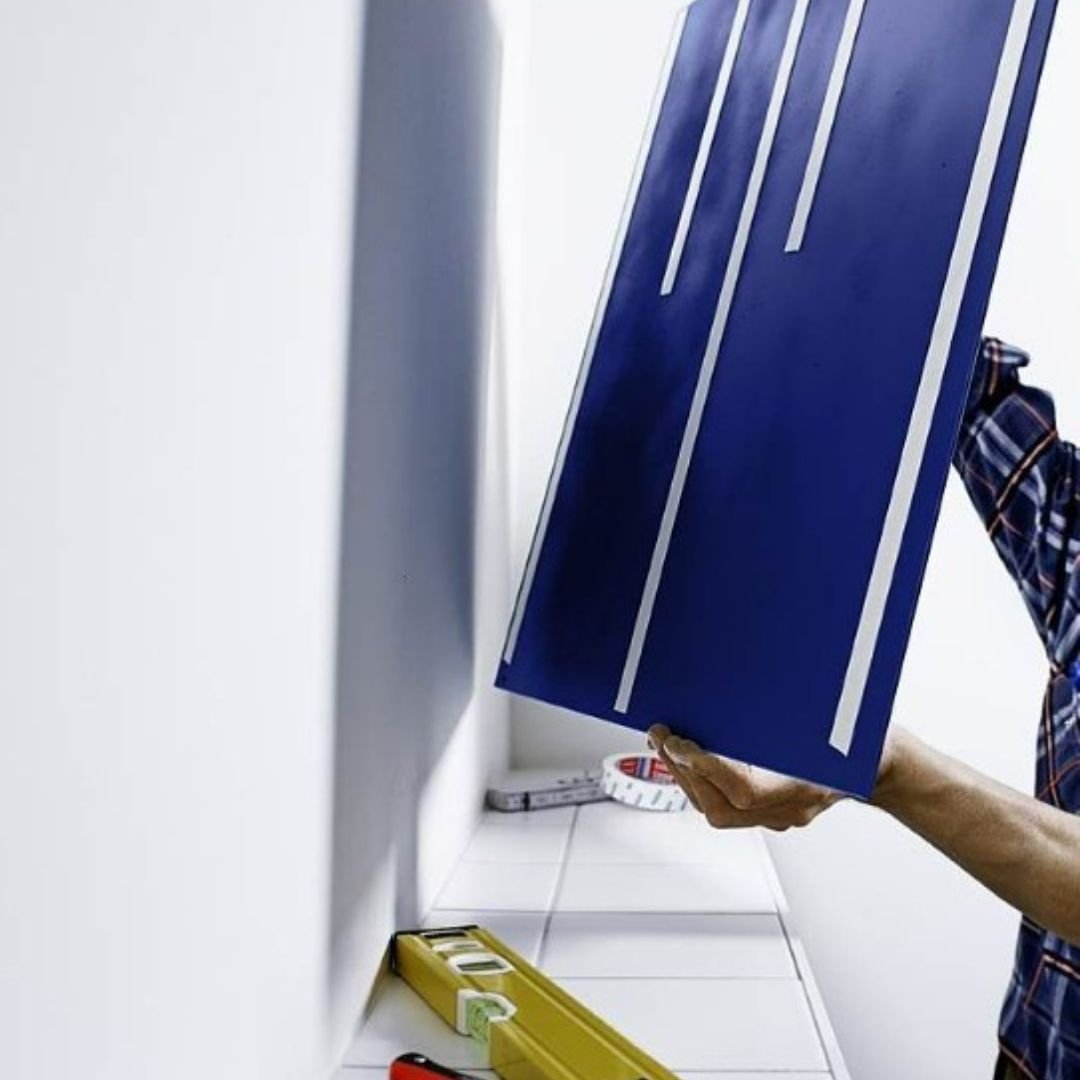



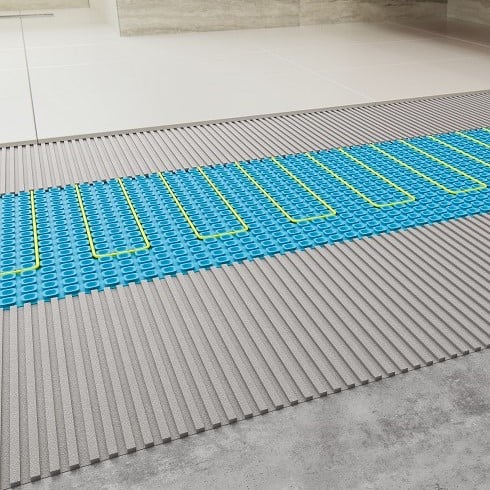
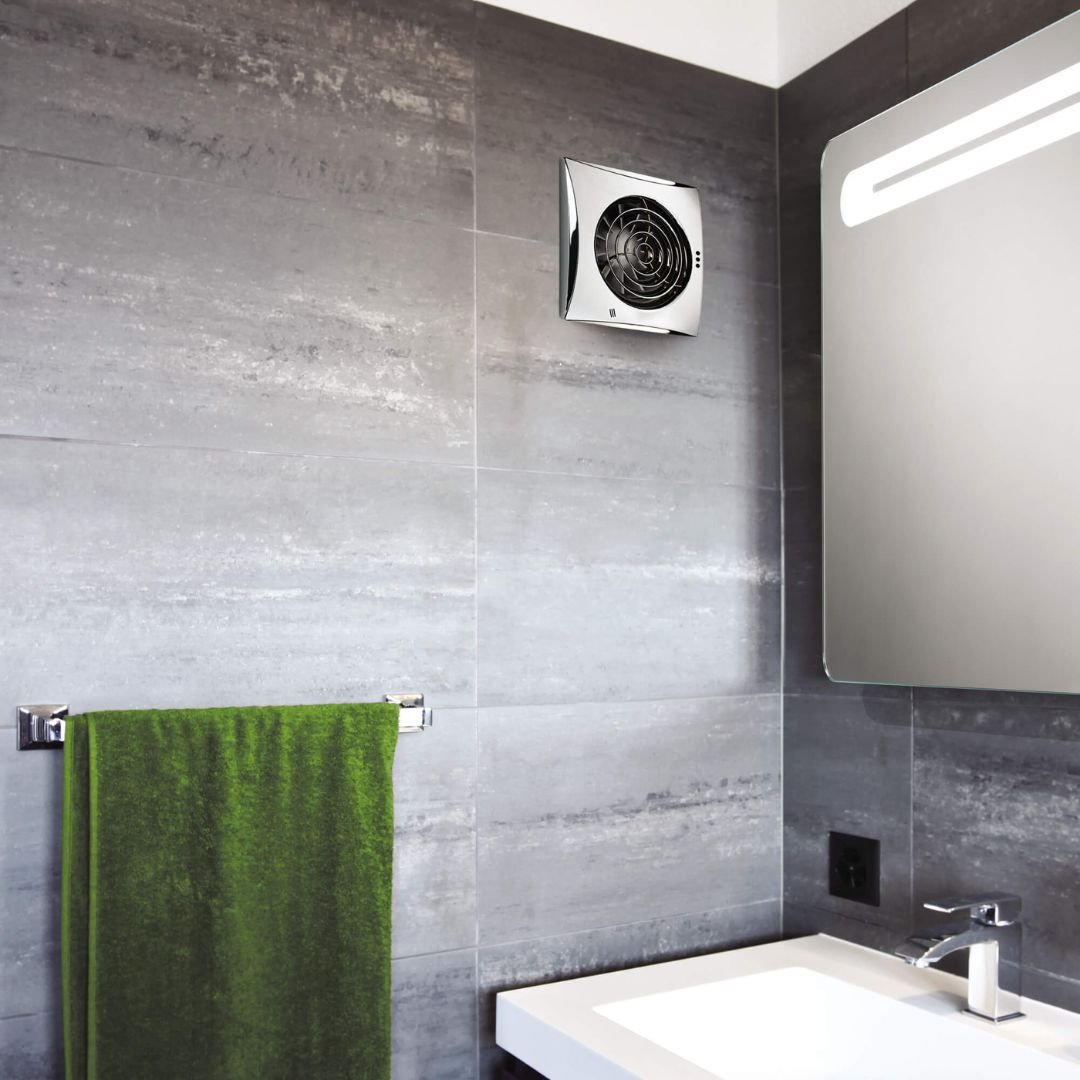













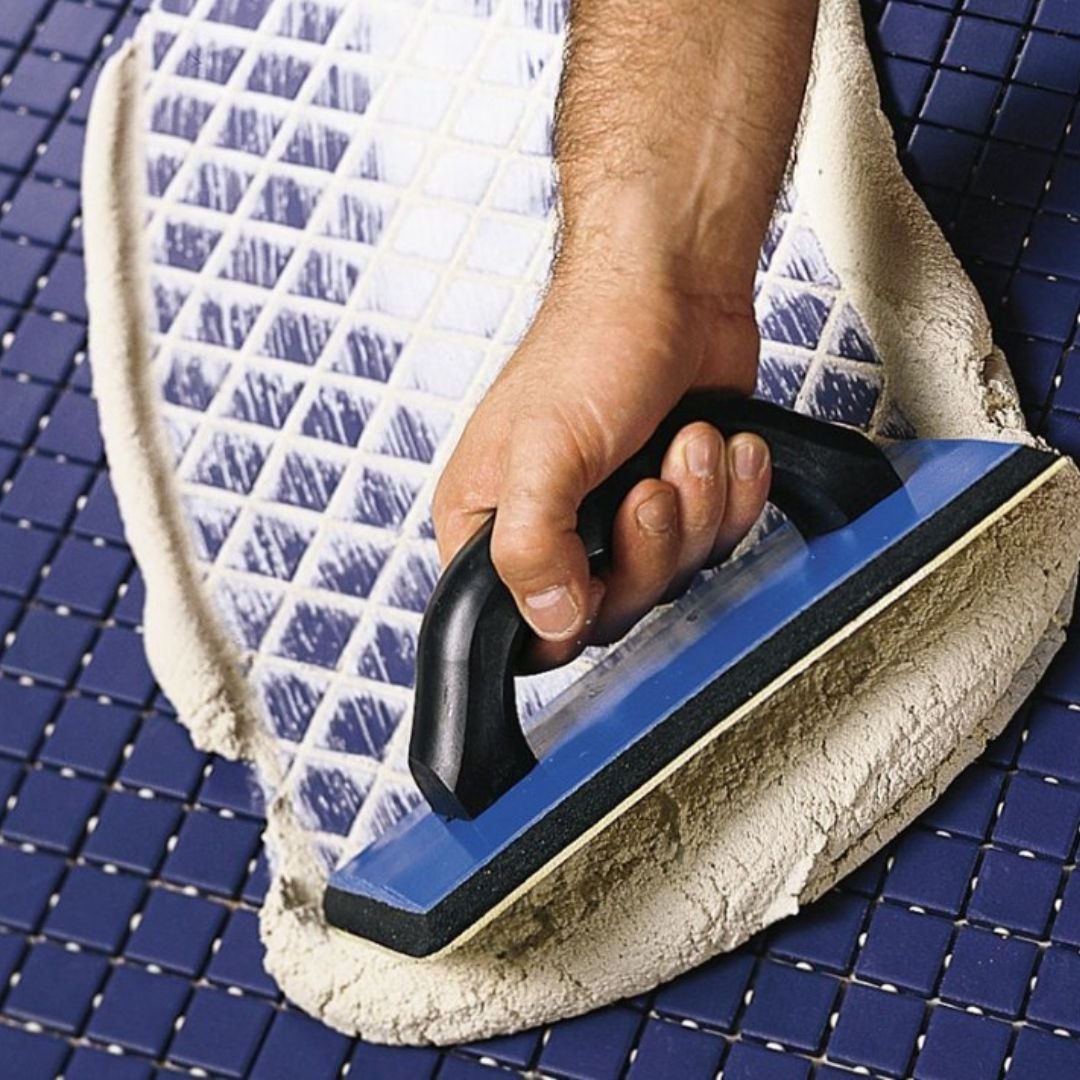
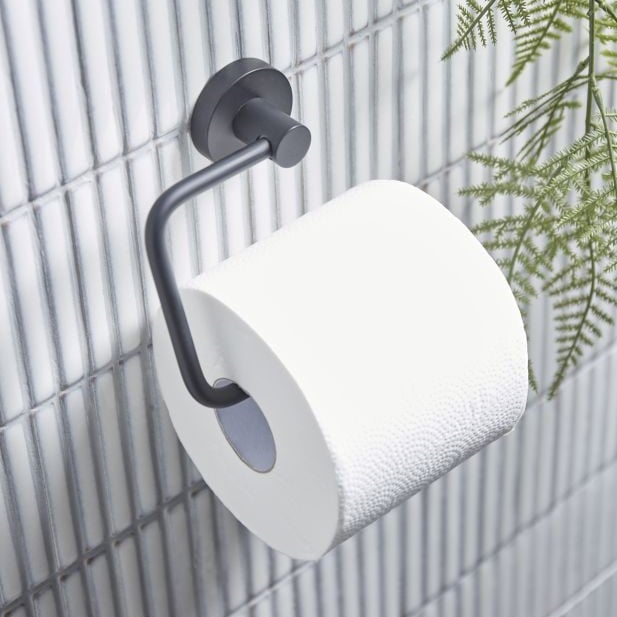



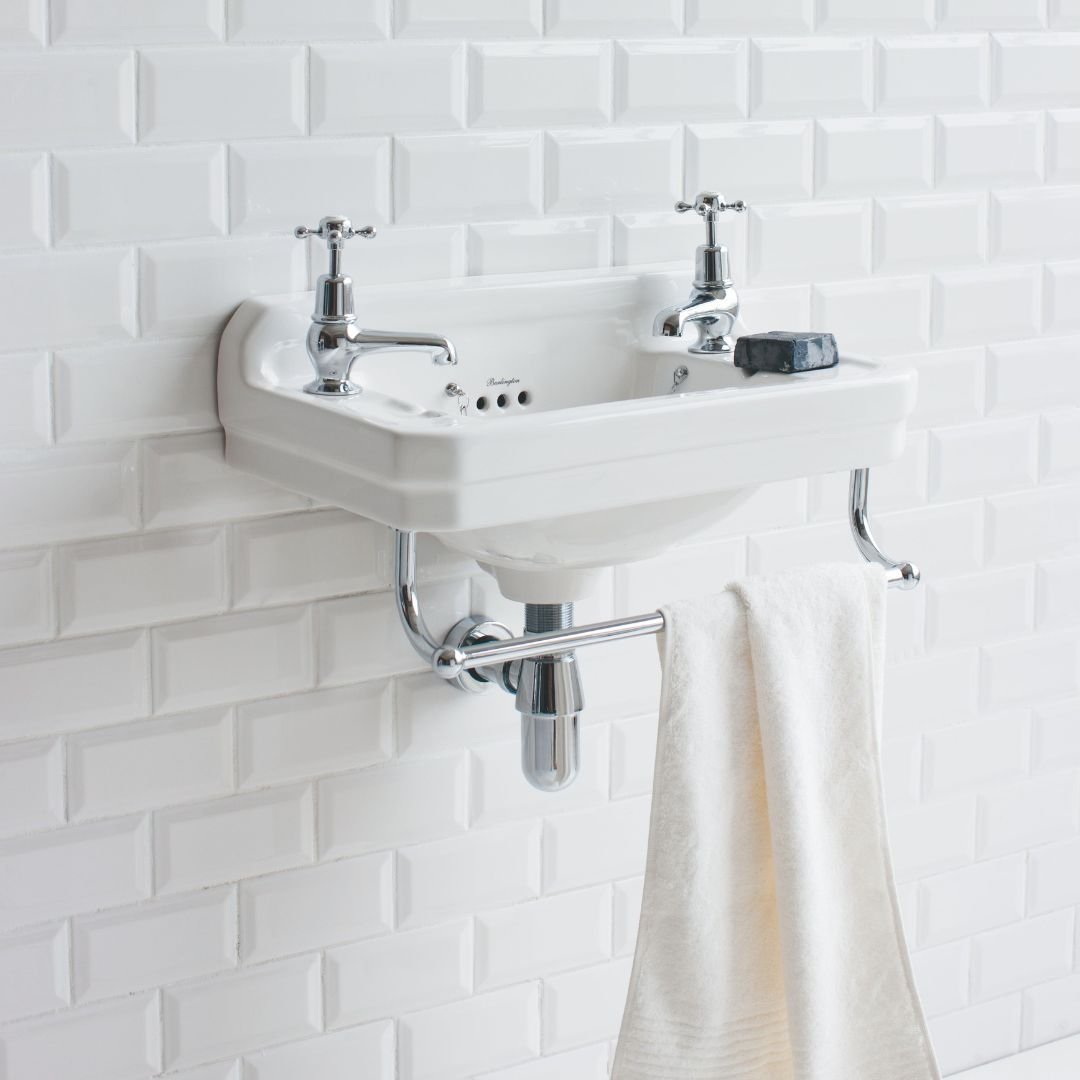

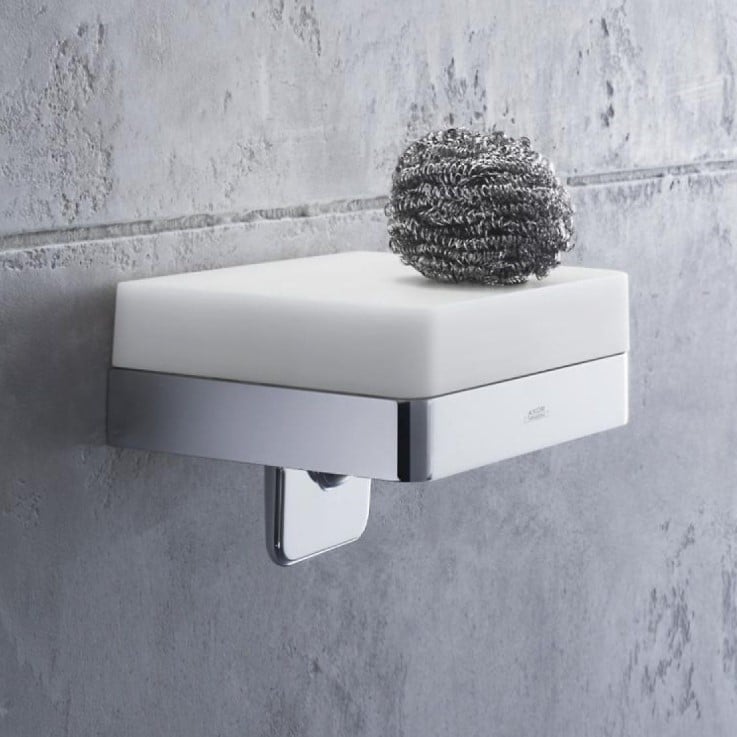
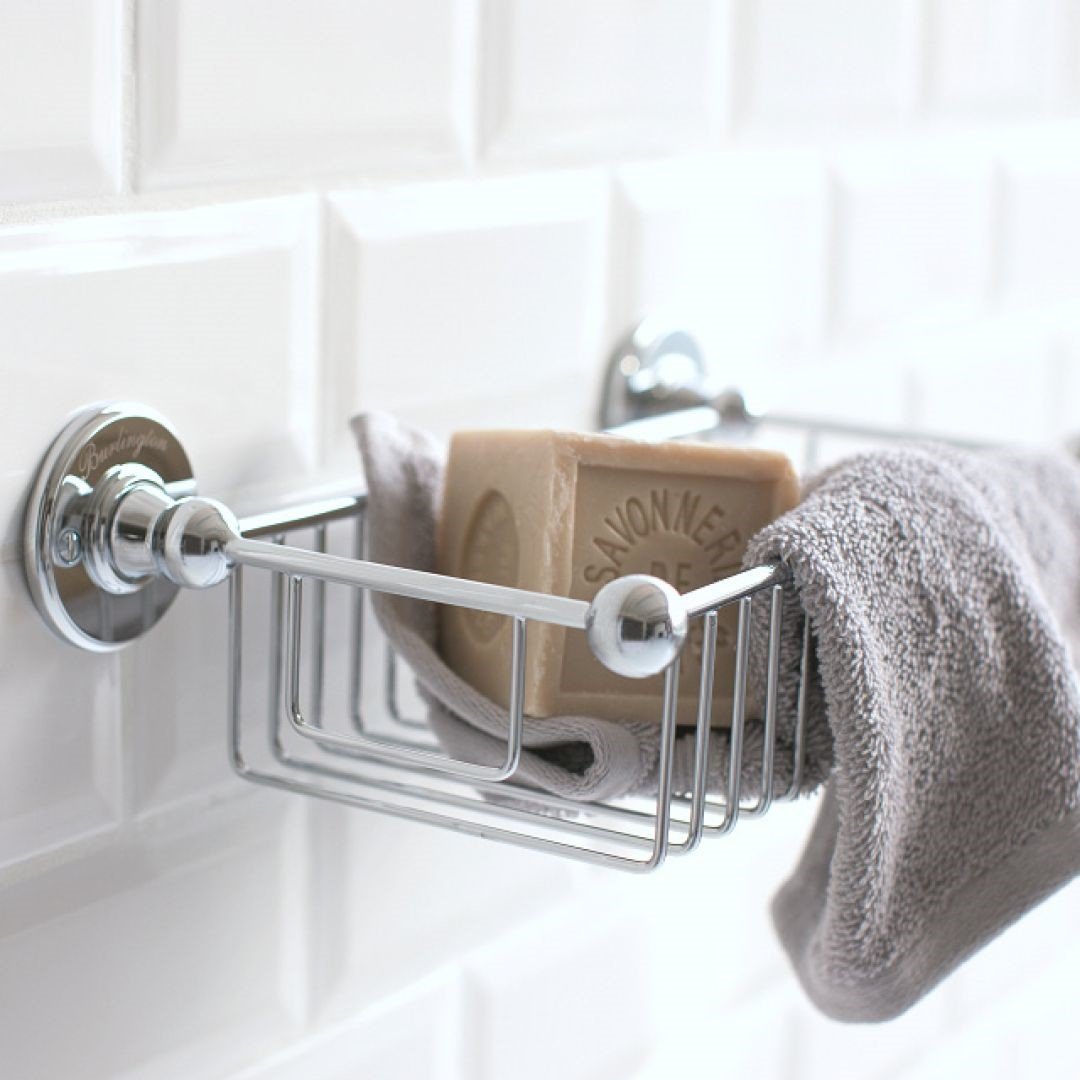




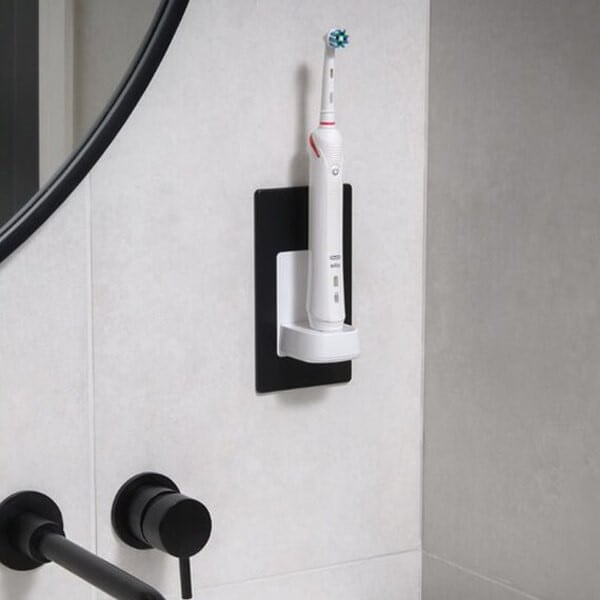

You must be logged in to post a comment.
click here to log in